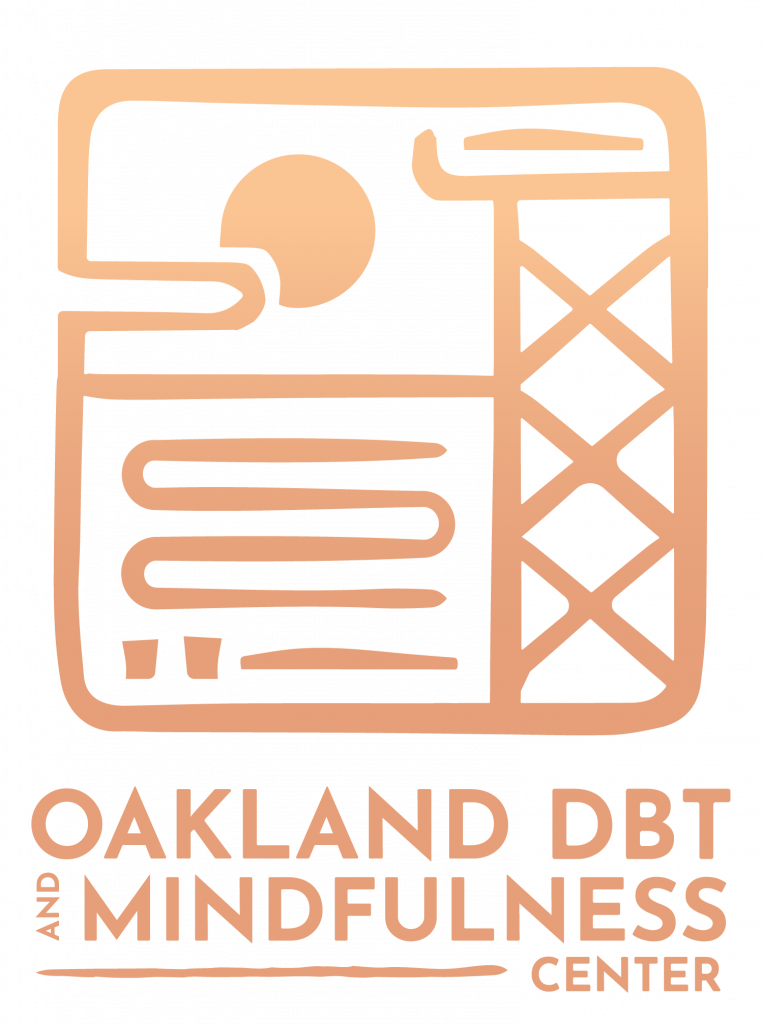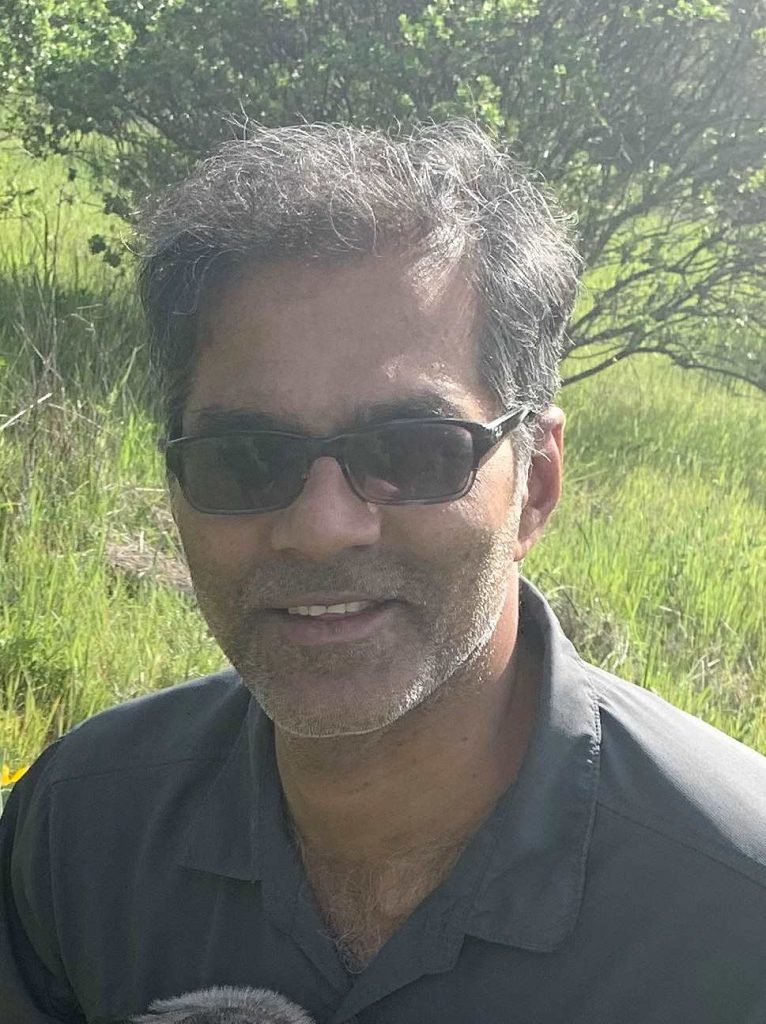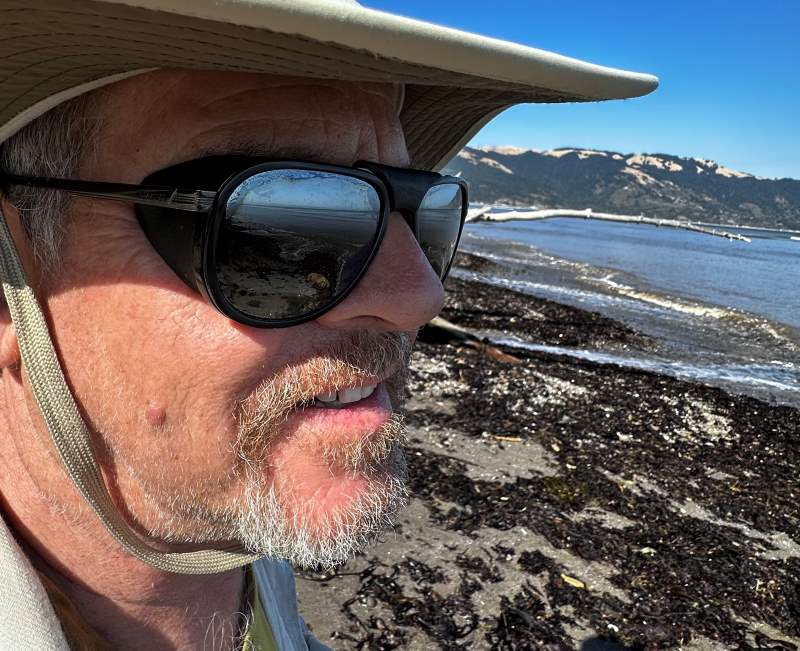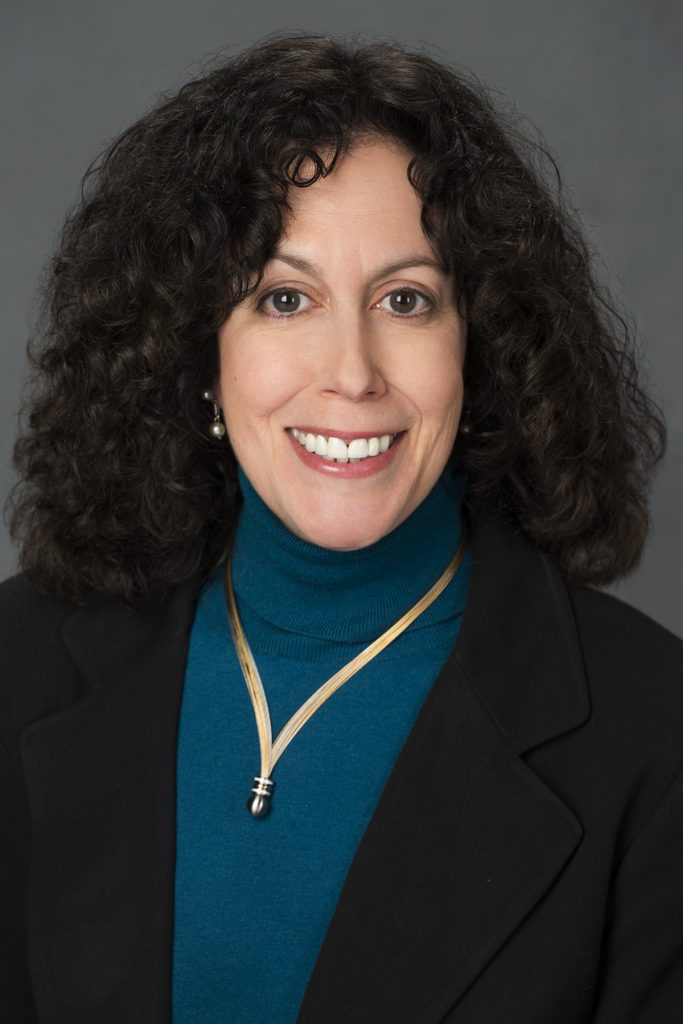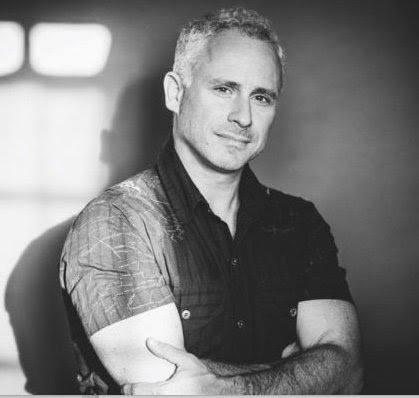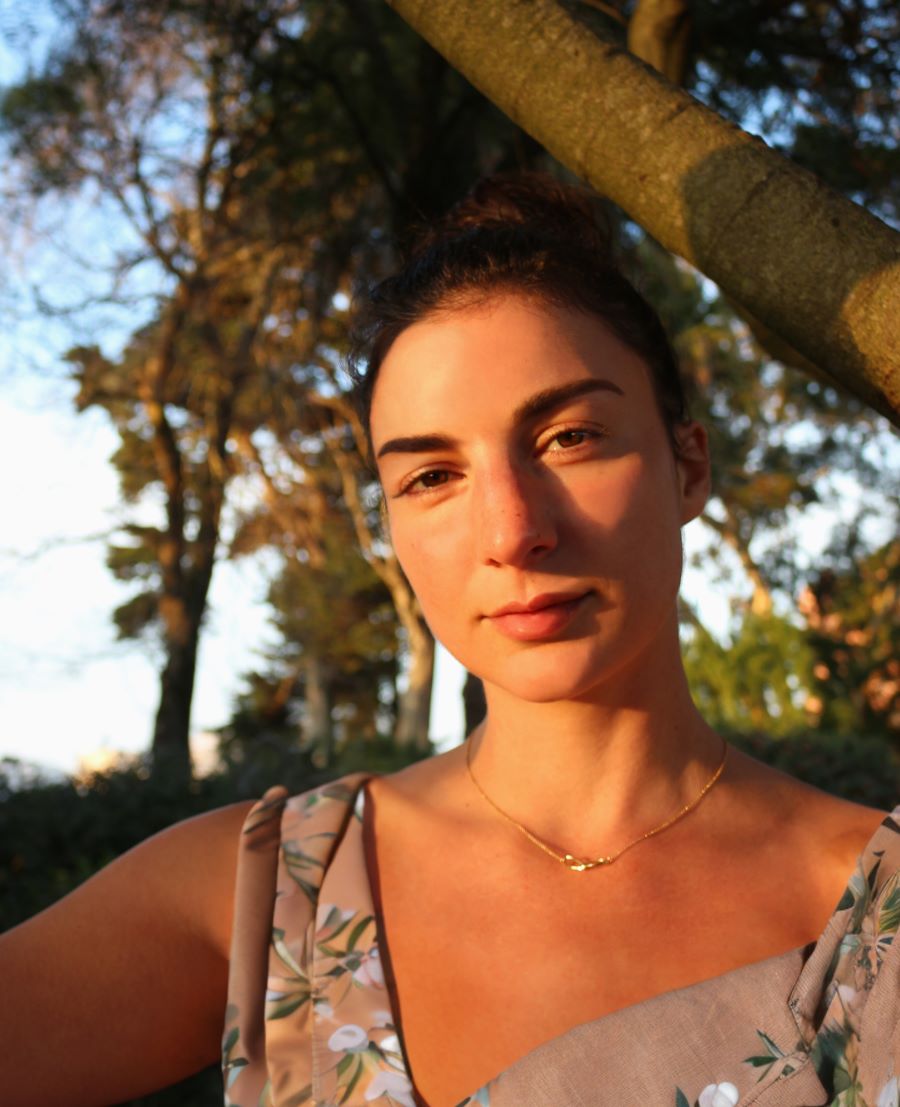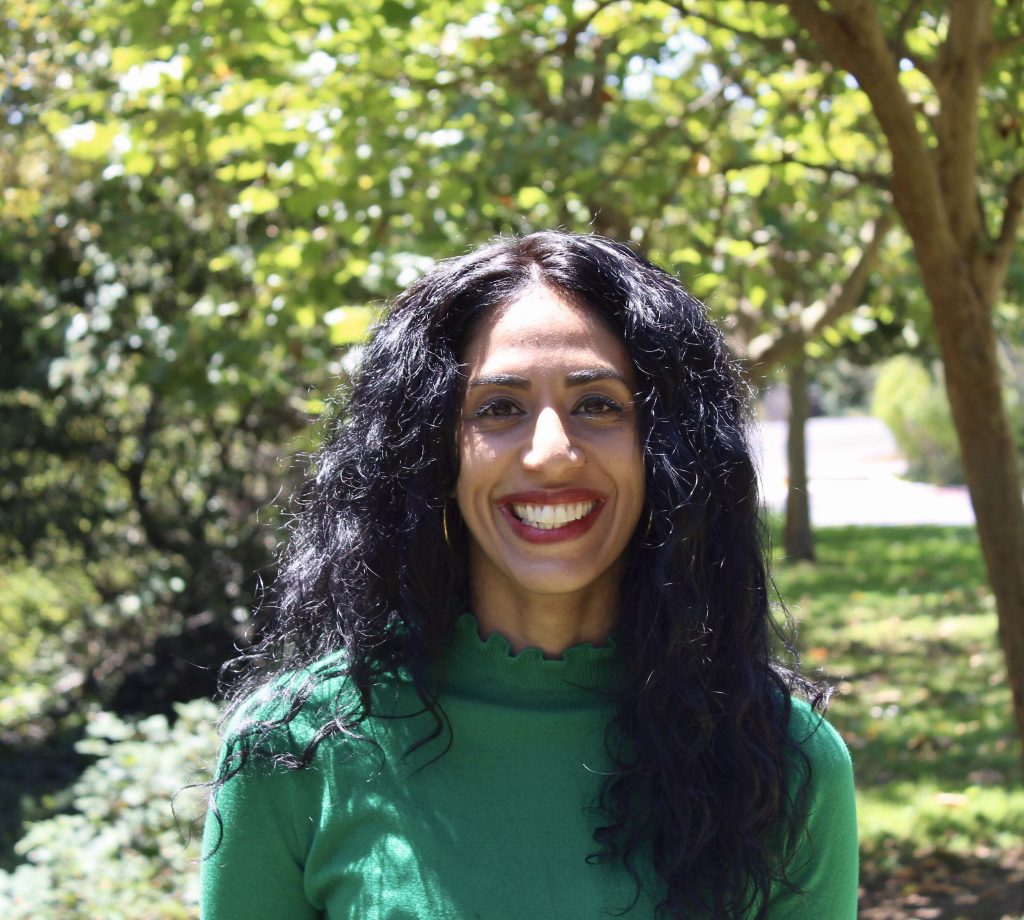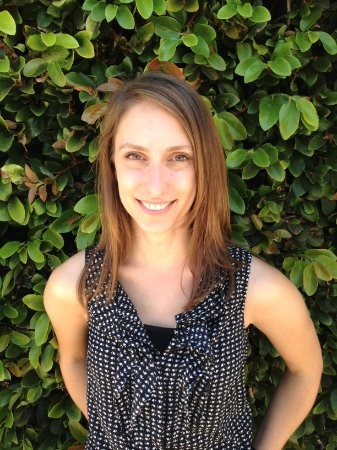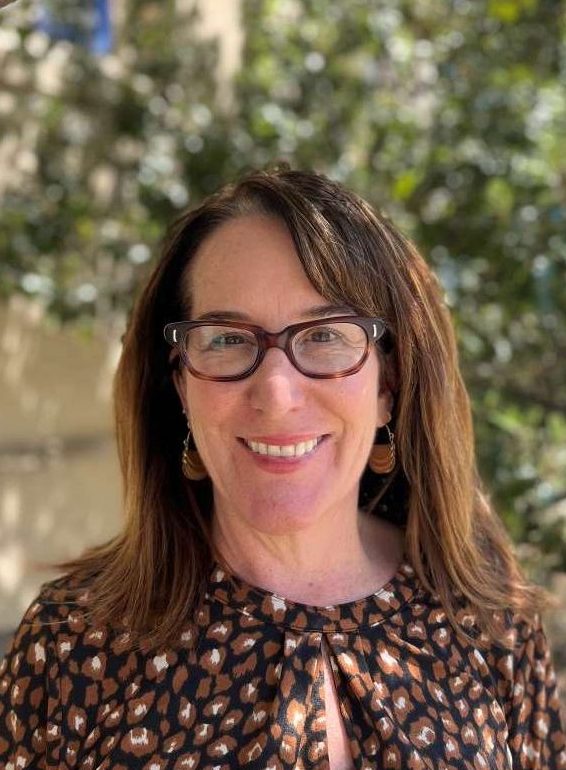Empowering lives through evidence based and expanded state therapies
Rooted in what works while reaching for transformation

Our Mission Statement
At the Oakland DBT & Mindfulness Center we weave evidence-based, depth-oriented and creative approaches to psychotherapy with timeless and modern wisdom practices. We strive to meet all who seek our services with an approach that is responsive to one’s unique circumstance and leads to resilience, authenticity and meaning in all domains of Life.
DBT & KETAMINE-ASSISTED PYCHOTHERAPY
DBT and Ketamine Assisted Psychotherapy are naturally synergistic. DBT provides structure and containment for one’s inner healing intelligence to arise, along with tools for integrating what arises in non-ordinary states. DBT also offers ways of thinking about synthesizing opposing perspectives to discover creative new approaches to long standing challenges. The material which arises in Ketamine sessions at times appears disparate and divergent from what is known to be true in ordinary reality. Yet when held in a dialectal lens, one widens ones perspective such that one can hold all that arises and forge new opportunities to find paths forward that integrate dynamic challenges in surprising new ways.


DBT SKILLS CLASSES
We offer DBT skills classes, which are therapeutic in nature and skills-based. We also offer other types of classes and week-end workshops.
Frequently asked questions (FAQ)

THERAPY & CONSULTATION
At Oakland DBT and Mindfulness Center we offer a range of therapeutic services for adults, ages 18+ including full DBT as well as more traditional therapy that infuses some of the tools and philosophical underpinnings of DBT with other styles of treatment.
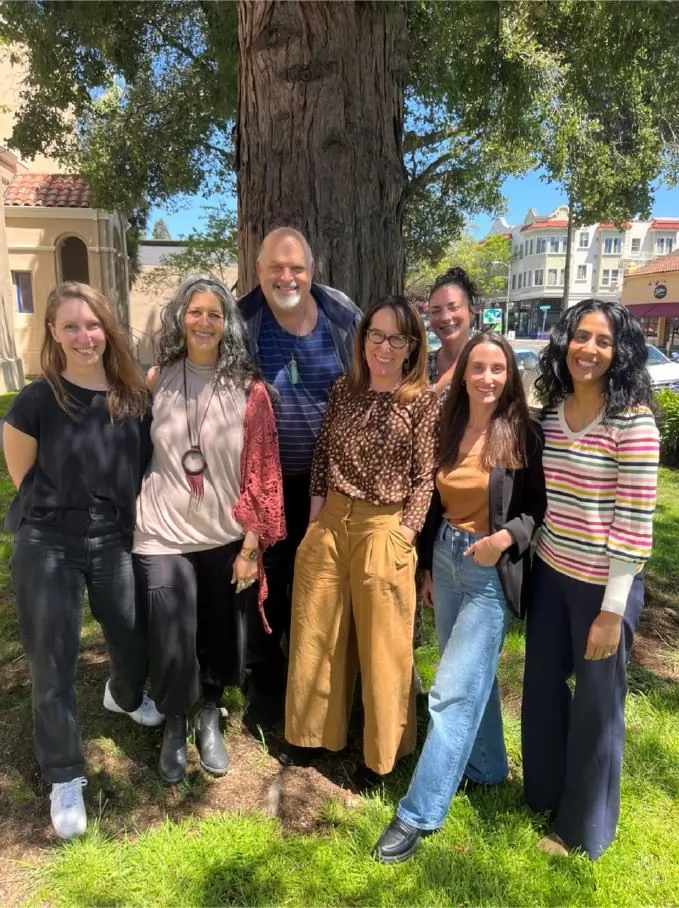
About Us
We are a collaborative team of informed, innovative and empathic therapists intensively trained in DBT as well as other mindfulness-based therapeutic modalities. We design treatment plans customized to the individual needs of each client and work collaboratively to develop evidence-based treatment options that are skills-focused and outcome oriented. We offer individual and couples therapy and a variety of classes and workshops, with separate programs for adults and young adults. Our goal is to help our clients suffer less and live life with greater awareness and joy.
Subscribe to the Mailing List.
- Oakland DBT and Mindfulness Center 2024 © All rights reserved.

